Buying or baking organic bread is not just delicious, it is an act that both supports the farmers who are brave enough to step out of the conventional farming system and is an active protest against the agri-chemical industry.
When I teach people to bake sourdough, I explain that baking is an action that goes far beyond bread. Baking is about becoming part of a movement. I believe it is time to change the paradigm of bread, and that means challenging the way people think about our most basic of foods. It is being part of what I call ‘beautiful disruption’, encouraging people all around the world to connect to the soil, the farmer and the miller, and to bake bread that nourishes.
You would be forgiven for thinking that there was a law to protect us from consuming bread with weed killer in it, but there is not. The shocking fact is that almost two thirds of wholemeal bread contains glyphosate, according to a sample test done by Defra’s committee on Pesticide Residues in Food (PRiF).
Glyphosate is sprayed on over two-thirds of UK wheat as a pre-harvest weed killer, used to kill and dry the crop to ripen it faster, making it easier to harvest. The residue of this weed killer is in the grain we mill into flour, and it is in our bread because it is in the flour – even the flour that is used to make handmade artisan loaves.

Glyphosate’s links to cancer have been drawn mainly from studies of agricultural exposures. Other evidence, including from animal studies, led the World Health Organisation’s International Agency for Research on Cancer (IARC) to its “probably carcinogenic” classification in March 2015. Christopher Portier, one of the co-authors of this report, said: “Glyphosate is definitely genotoxic. There is no doubt in my mind.” Glyphosate has been linked to tumours in mice and rats – and there is also what the IARC classifies as “mechanistic evidence”, such as DNA damage to human cells from exposure to glyphosate.
Glyphosate as a cause of cancer is now also being used in lawsuits against Monsanto by people who have suffered the effects, with landmark cases won by Edwin Hardeman and Dewayne Johnson in the last year.
Many farmers I have spoken to argue that glyphosate is an essential tool for weed management and is better for the environment than other management practices, such as tillage, to control weeds. But farmers are also caught in a loop of modern agriculture systems that are intertwined with the need for agrichemicals. One of the main reasons farmers believe that they ‘need’ this weed killer is that weeds are actually serious competition for modern grains. This competition was hugely intensified by the dwarfing of the wheat, which increased yields but reduced its competitiveness.
The late Peter Melchett, who was the Soil Association’s policy director for 18 years, said: “If glyphosate ends up in bread people cannot avoid it, unless they are eating organic. On the other hand, farmers could easily choose not to use glyphosate as a spray on wheat crops – just before they are harvested. This is why the Soil Association is calling for the immediate ending of the use of glyphosate sprays on wheat destined for use in bread.”
Bread is the humblest of food. It is the most basic of foods. Like fresh air and clean water, I believe that everyone has a right to eat bread that nourishes.
So what can you do?
- Use your loaf. The time for action is now. Choose organic.
- Do not wait for the UK to catch up with the evidence. The only way to avoid glyphosate in your bread is to bake using organic flour or buy organic bread. There are more and more to choose from, and this directly supports the farmers who are growing grains without using harmful agri-chemicals.
- Support bakers who are making bread using organic flour. Pop in meet your baker and buy an organic sourdough.
- Sign the Soil Association’s petition. It is a small act, but every voice counts.
- Look for heritage grains. They are having a resurgence and often do not require any chemical assistance to thrive.
- Make a noise. Share this article and the information. Talk to the people you interact with. Post this feature to your Facebook timeline, re-tweet it, or email this feature to your friends and family. It is about sharing knowledge.

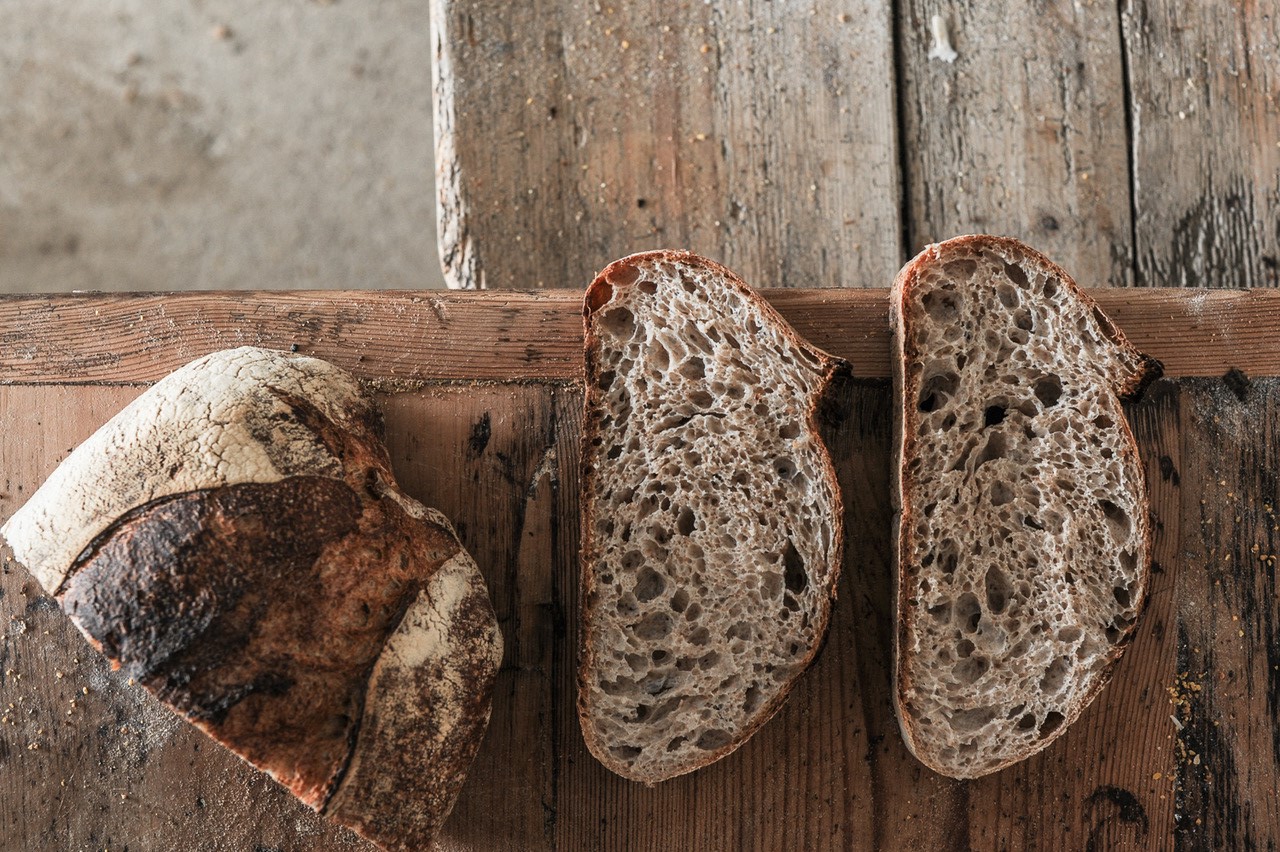
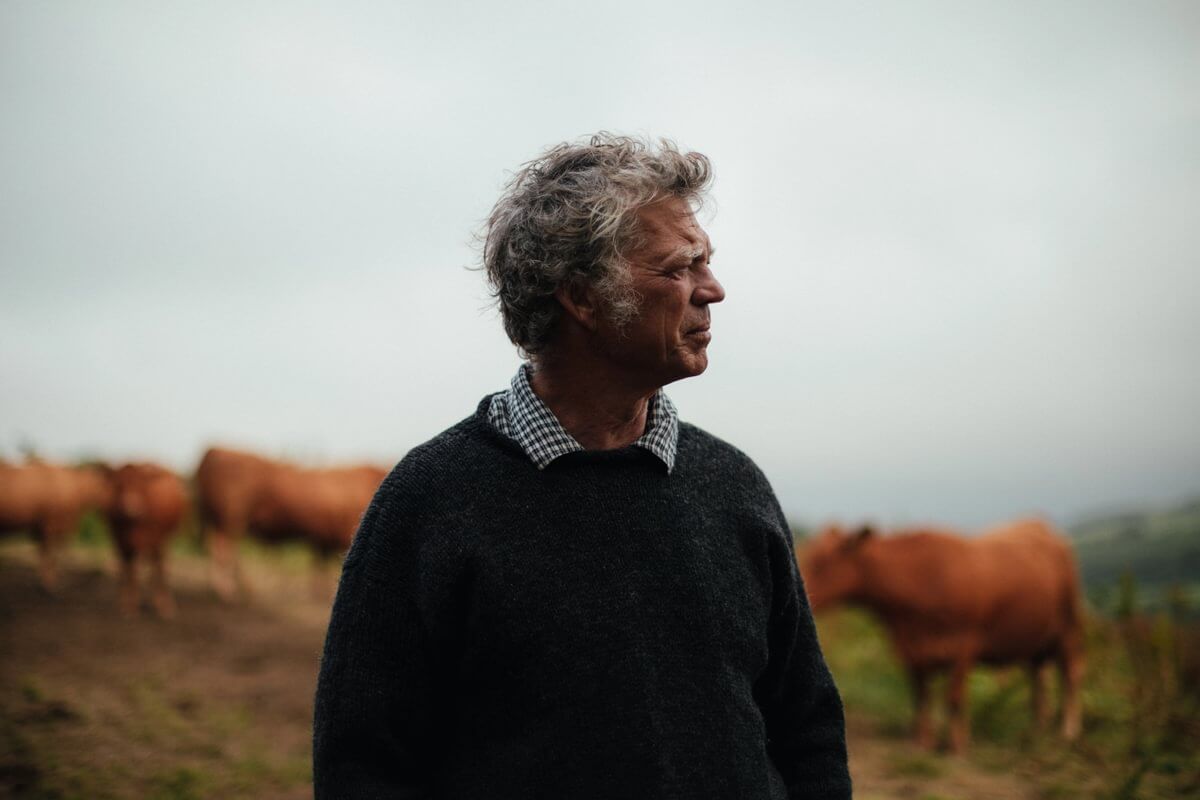
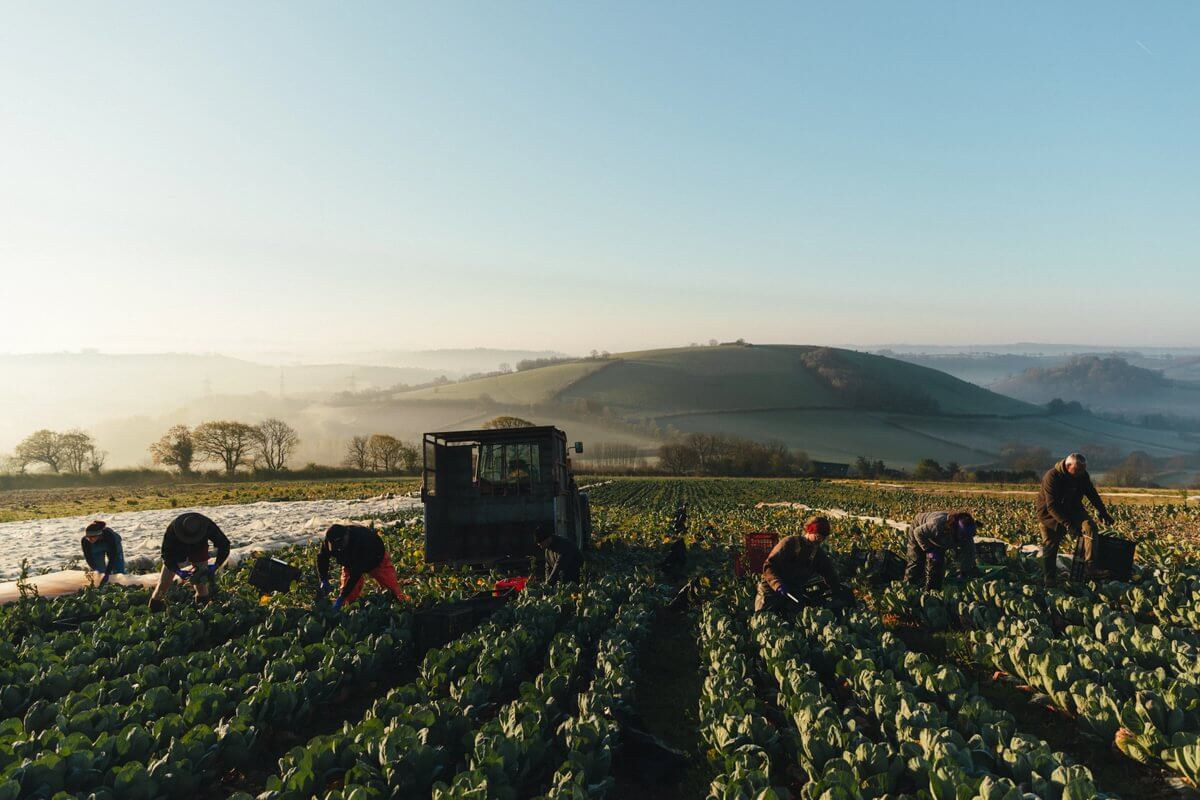

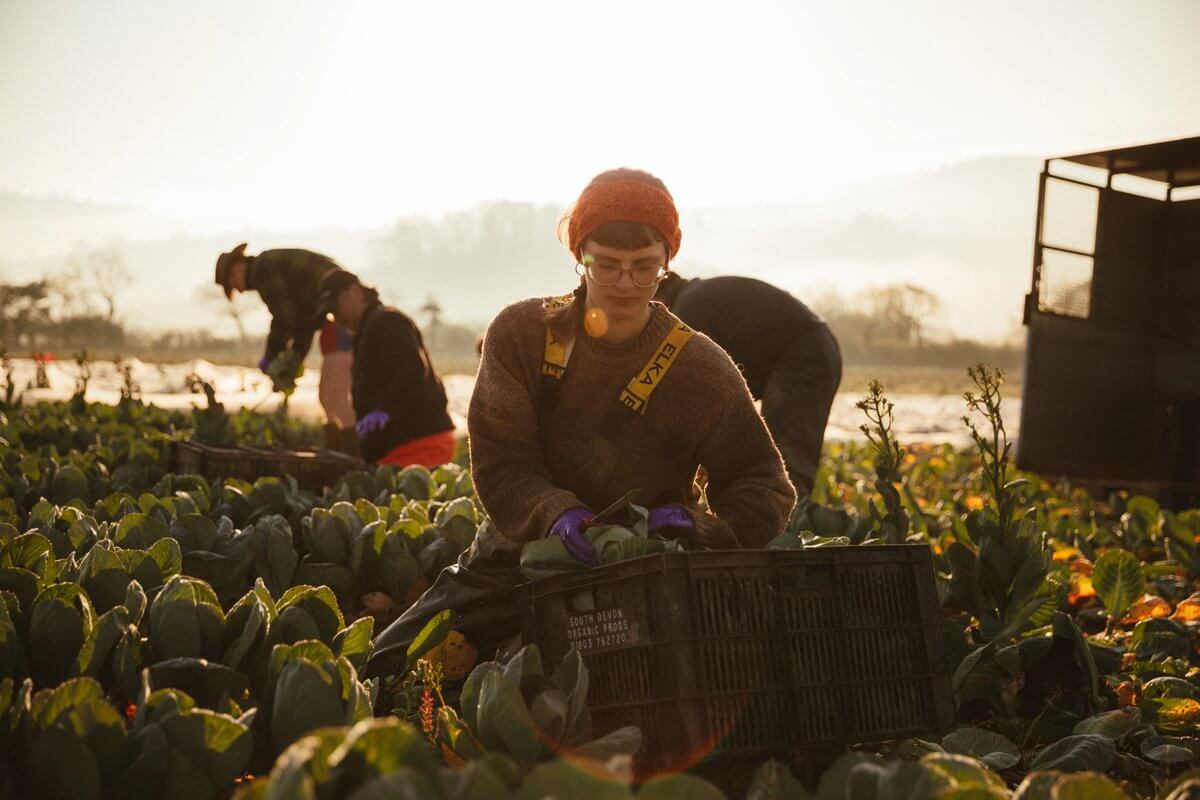
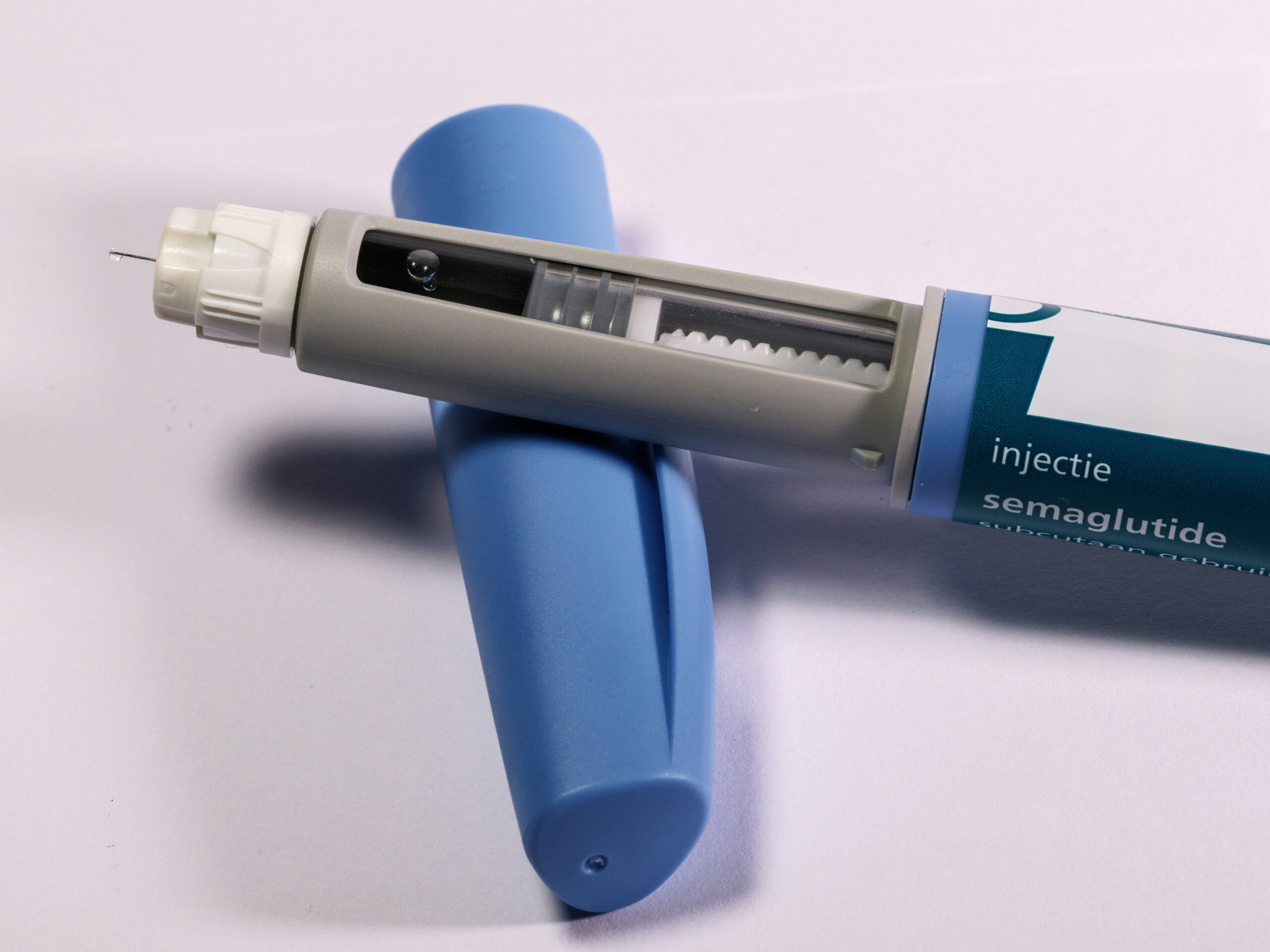
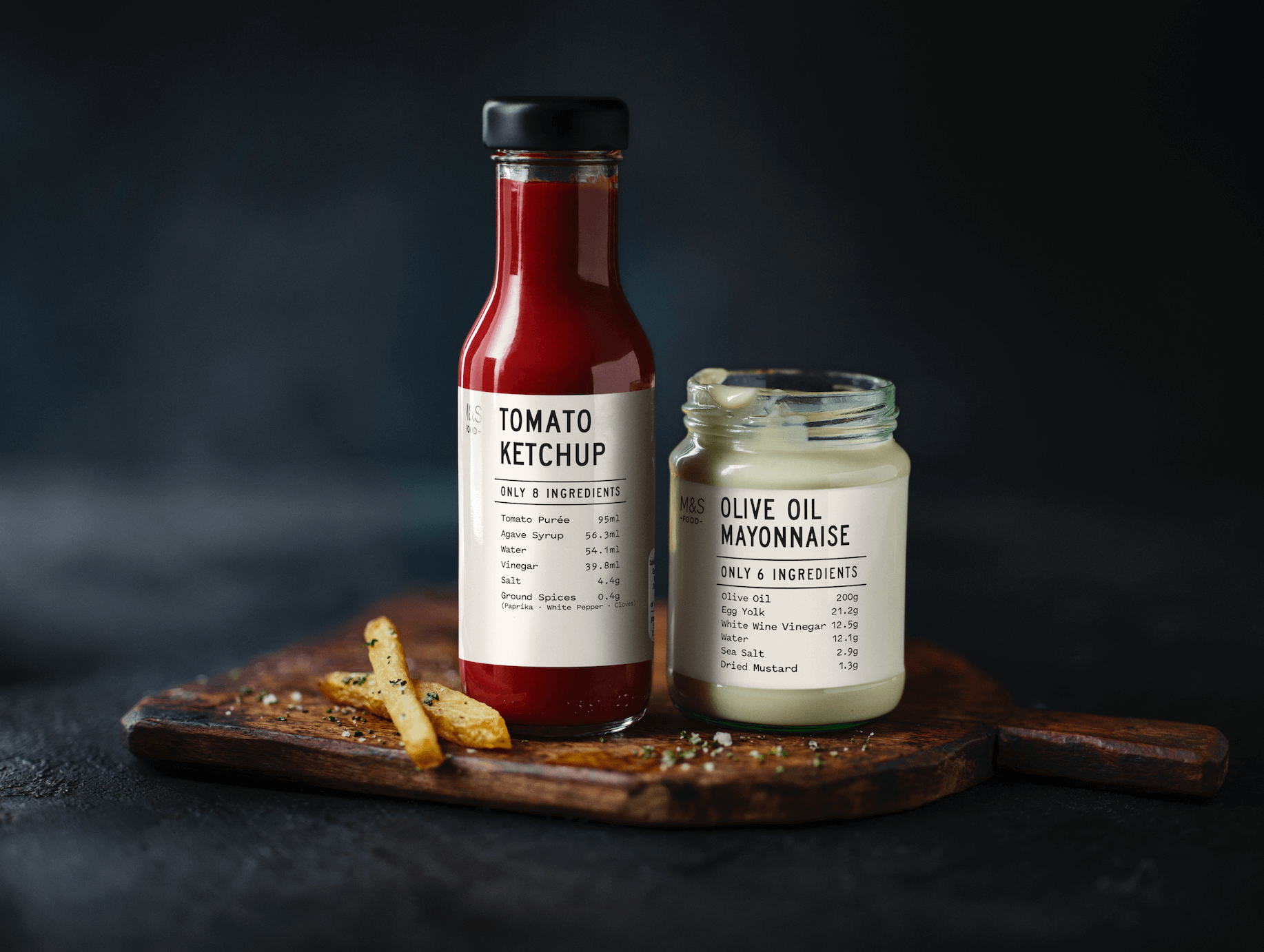





I like the idea of making bread using organic flour. This is a little act of rebellion.
My wild theory that cancers and brain disorders are caused by our ingestion of chemicals looks more like a fact the governemnt and agrocheical industries are keeping a closely guared secret.
I think you are right Jenny. So called experts used to say that the rise of many modern diseases was caused by an ‘ageing population’. But you only have to look at the children and young people getting sick to realise how stupid such an idea is. Its got to be coming from somewhere and big food like the tobacco industry of years ago are trying to create as much confusion in peoples minds as possible. The evidence is out there and many medical people are beginning to realise this.